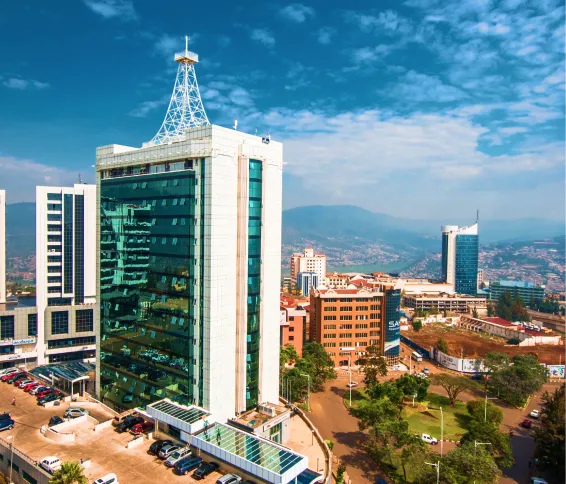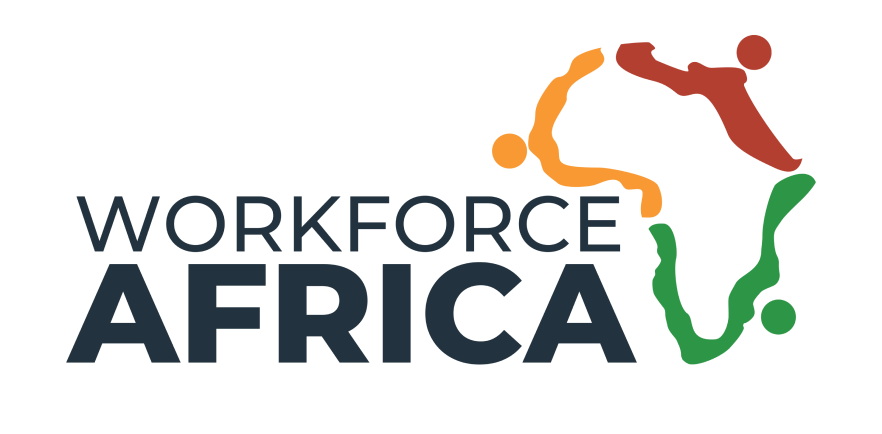The Green Climate Fund (GCF) and the International Fund for Agricultural Development (IFAD) have formalized a partnership for a significant financial boost to East Africa’s dairy sector.
The agreement, signed in Rome, Greece, outlines a $150 million contribution from the GCF to the $358 million Dairy Interventions for Mitigation and Adaptation (DaIMA) programme, and will directly benefit over 2.5 million rural farmers across four East-African countries — Kenya, Rwanda, Tanzania, and Uganda.
The programme aims to enhance the resilience of smallholder dairy farmers to the growing impacts of climate change. The initiative aims to achieve this by improving veterinary services, expanding access to climate-smart practices, and strengthening climate information systems.
On the other hand, DaIMA is set to support local farmers in adapting to shifting weather patterns. According to reports, over 15 million people will benefit indirectly through the broader dairy sector’s value chains.
IFAD’s Regional Director for East and Southern Africa, Sara Mbago-Bhunu, emphasized the importance of the funding: “This additional support from the Green Climate Fund is a pivotal step towards fostering a climate-resilient and sustainable dairy industry in East Africa. Through collaboration with national governments and our financial and technical partners, we are committed to improving the livelihoods of millions of dairy farmers.”
East Africa’s dairy sector faces a range of climate-related challenges, including drought, extreme weather, and heat stress, which have a direct impact on milk production.
Moreover, the sector is a significant source of greenhouse gas emissions, primarily methane. However, the DaIMA programme is designed to address these challenges by promoting climate-smart solutions that not only help farmers adapt but also reduce emissions and improve carbon sequestration in pastures.
Director for the Africa Region at the GCF, Catherine Kofmann, noted, “This marks GCF’s first major investment in livestock, specifically designed to address the urgent adaptation and mitigation needs of East Africa’s dairy industry. By partnering with IFAD, we are taking crucial steps toward transforming the sector and building climate resilience from the ground up.”
The programme was developed in collaboration with the FAO Investment Centre, which provided technical expertise on livestock and climate change, alongside other international organizations such as the Global Methane Hub and the Global Dairy Platform.
The DaIMA programme is designed to reduce greenhouse gas emissions by 2.17 million tons of CO2 equivalent over the next 20 years, aligning with global climate change mitigation efforts.
Through improved practices and enhanced productivity, the programme is expected to boost milk production by 34%, strengthening the dairy sector’s contribution to the agricultural GDP of the participating countries. Additionally, it will prioritize the inclusion of women and youth, promoting gender equality and social inclusion while also supporting economic growth.
Meanwhile, the Service Chief for Eastern and Southern Africa at the FAO Investment Centre, Giovanni Munoz, highlighted the long-term benefits: “The DaIMA programme marks a major milestone in the transformation of the dairy sector in East Africa. By focusing on low-emission, climate-resilient production practices, this initiative supports the Nationally Determined Contributions (NDCs) of the four participating countries under the Paris Agreement, accelerating the sustainable development of the dairy industry in the region.”
The DaIMA programme represents a crucial step in addressing both the climate vulnerabilities and the economic potential of the dairy sector in East Africa, aiming to foster a sustainable and resilient future for millions of smallholder farmers.



